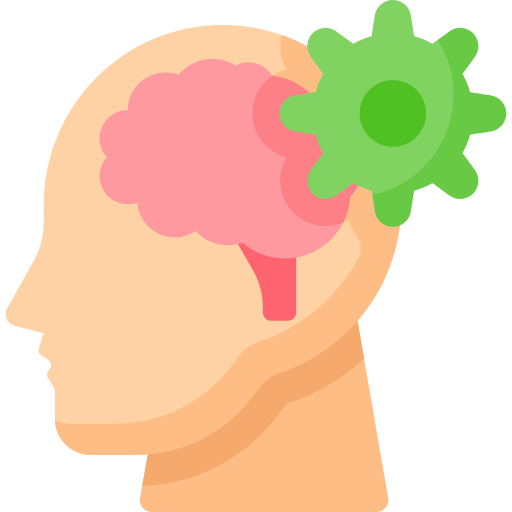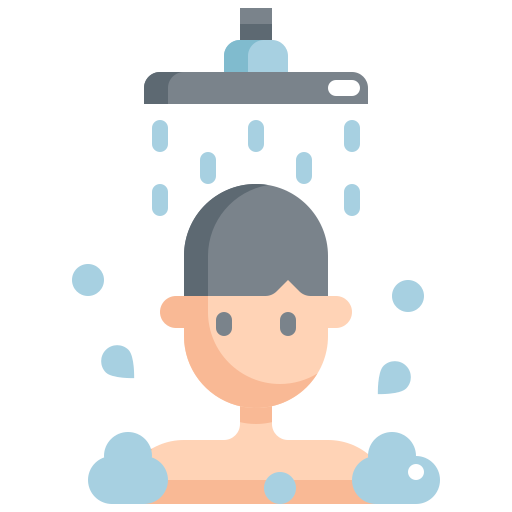Our in-home occupational therapy services empowering clients to live more independently and participate more fully in their daily lives.

Post-Stroke Clients: Regain daily living skills and cognitive abilities through structured rehabilitation.

Parkinson’s Disease Patients: Improve mobility, coordination, and ability to perform everyday tasks.

Post-Fracture / Post-Surgery Patients: Restore hand function and limb mobility after orthopedic injuries or operations.

Cognitive Decline (e.g. Dementia) Clients: Maintain independence through cognitive stimulation and training in daily routines.

Elderlies with fall risk: Receive balance and safety training to prevent falls and injury at home.

Alzheimer’s Disease Patients: Support with daily routines and memory care to enhance quality of life.

Developmental Disorders Clients: e.g. Autism, ADHD – improve self-care, learning, and social participation skills.

Clients with Congenive impairment: e.g. Cerebral palsy – enhance motor skills and functional independence.
Private Nursing Services

Evaluate the client’s abilities across personal care, work, and leisure. Identify specific challenges to develop a personalized treatment plan that addresses both short- and long-term goals.

Target memory, attention, problem-solving, and other mental skills through structured exercises and adaptive strategies to improve thinking and reasoning abilities.

Activities of Daily Living (ADL) Training
Assist clients in improving skills for self-care tasks like grooming, dressing, bathing, cooking, and more. Teach the use of assistive tools and techniques to promote independence in daily routines.

Assess the safety and accessibility of living or working environments. Recommend practical modifications such as hand rails, mobility aids, or custom furniture to create a barrier-free safe and secure space.

Support clients in rebuilding work-related skills and adapting to workplace demands. Provide job readiness training, ergonomic recommendations, and guidance on re-entering the workforce safely.


